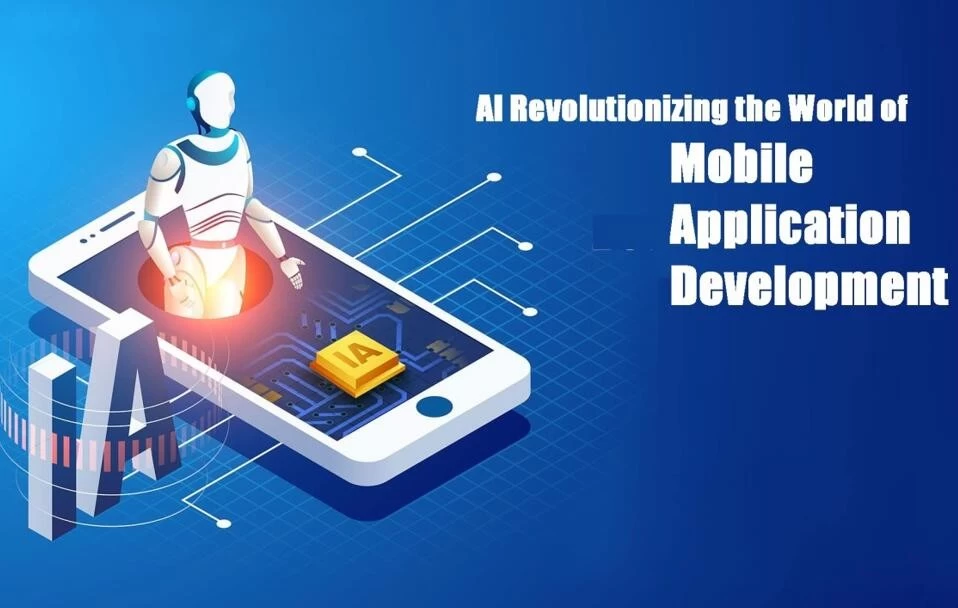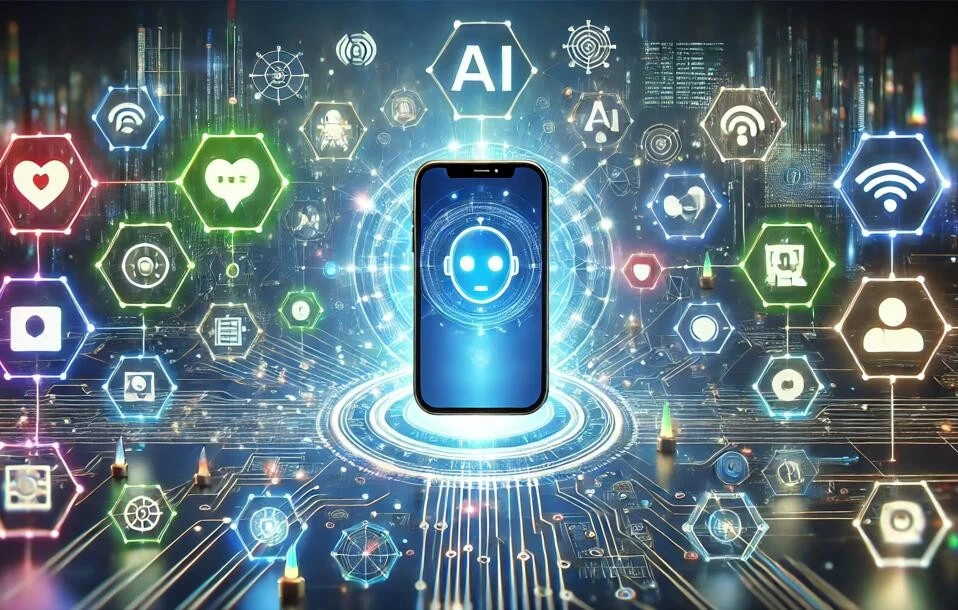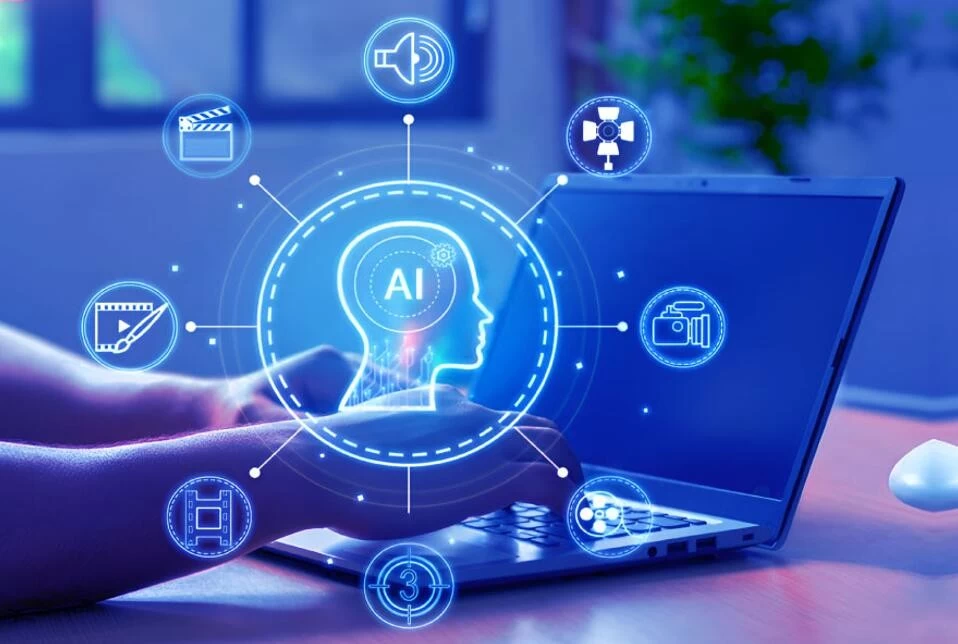How AI is Revolutionizing the Mobile Phone Experience
Artificial Intelligence (AI) is reshaping the mobile phone industry in remarkable ways, revolutionizing everything from device performance to user experience. As mobile technology continues to evolve, AI has become an integral part of the mobile ecosystem, driving innovation and enhancing the way consumers interact with their devices. The role of AI in mobile phones goes far beyond simple voice assistants; it is now an essential feature that improves device functionality, security, photography, and more. Here, we will explore the transformative impact AI is having on the mobile phone industry.
Enhancing User Experience with Smart Assistants
AI-powered virtual assistants, such as Apple’s Siri, Google Assistant, and Samsung's Bixby, have become household names in the mobile phone industry. These voice-activated assistants are more than just tools for setting alarms or sending messages; they have evolved into sophisticated systems that can perform a wide range of tasks. AI enables these assistants to understand natural language, learn user preferences, and respond with more personalized, context-aware information.
For example, Google Assistant uses AI to offer real-time language translation, helping users communicate more easily when traveling abroad. Apple's Siri and Bixby can offer personalized recommendations based on user habits, making the smartphone experience more intuitive and seamless. As AI continues to improve, we can expect virtual assistants to become even more sophisticated, capable of handling more complex tasks and anticipating user needs.

AI and Camera Technology: The Future of Mobile Photography
AI has made a significant impact on mobile photography, transforming smartphone cameras into powerful tools that rival professional-grade cameras. AI algorithms are now capable of optimizing images, adjusting settings in real-time, and even recognizing objects or scenes to enhance photos automatically.
For instance, both the iPhone 15 Pro Max and Samsung Galaxy S23 Ultra feature AI-driven cameras that can identify scenes like sunsets, portraits, or food and automatically adjust the camera’s settings for the best possible shot. AI can also help improve low-light photography, portrait mode effects, and even produce detailed, sharp images in challenging conditions.
With continuous advancements in AI, mobile cameras are becoming smarter, offering users enhanced capabilities without the need for manual adjustments. In the future, we can expect AI-powered cameras to evolve further, providing even more advanced features such as enhanced augmented reality (AR) integration and real-time editing capabilities.
Boosting Performance and Efficiency
AI is also having a profound impact on the overall performance of mobile devices. Through AI-driven processors and software optimization, mobile phones are becoming faster, more efficient, and capable of handling increasingly complex tasks. AI algorithms can analyze user behavior to predict app usage, optimize system resources, and extend battery life by intelligently managing power consumption.
For example, smartphones like the latest Xiaomi models and high-end Samsung devices use AI to manage system resources, ensuring smooth operation even when multiple apps are running simultaneously. This type of optimization leads to faster load times, less lag, and a more responsive experience for the user.
AI can also assist in enhancing security features. By leveraging biometric data, AI can improve facial recognition and fingerprint scanning, offering users faster, more accurate authentication methods. This level of integration between AI and security features enhances the overall trust and safety of mobile devices.

AI for Personalization and Predictive Analytics
One of the most exciting uses of AI in the mobile phone industry is its ability to offer highly personalized user experiences. AI can analyze how users interact with their devices and adapt to their preferences over time. This includes predicting the most used apps, recommending new content, and optimizing the device’s settings based on the user’s behavior.
For example, AI-powered recommendation engines in mobile apps like YouTube, Spotify, and Netflix provide personalized suggestions based on a user’s viewing or listening history. Similarly, smartphones with AI can anticipate user behavior, adjusting display settings or app layout based on the time of day or the user’s location.
In addition to personalization, AI can also drive predictive analytics. By analyzing data on device usage patterns, AI can predict when a device might need a software update or when performance might degrade, allowing for proactive maintenance and better device longevity.
AI and the Future of Mobile Gaming
The gaming experience on mobile phones has evolved tremendously with the integration of AI. Today’s smartphones, equipped with powerful AI processors, offer gaming experiences that rival those of traditional consoles. AI enhances game graphics, optimizes performance, and creates more immersive, dynamic gaming environments.
For example, AI algorithms can be used to adapt the difficulty level of games in real-time, creating a more personalized experience for each player. Additionally, AI is helping mobile games to evolve in terms of realism, with smart AI-driven characters that learn and adapt based on player behavior. This makes for a more engaging and challenging gaming experience.
In the future, mobile gaming is expected to benefit even more from AI advancements, offering real-time optimization, dynamic storytelling, and enhanced virtual environments.

AI-Powered Mobile Security
Security remains a major concern for mobile phone users, and AI is playing a pivotal role in enhancing mobile security. With the increase in cyber threats and data breaches, AI-driven security systems can help protect sensitive information by identifying suspicious activity and blocking potential threats before they reach the device.
For instance, AI can monitor and analyze network traffic to detect unusual patterns that may indicate malware or hacking attempts. Additionally, facial recognition and voice recognition technologies powered by AI offer an extra layer of security, making it more difficult for unauthorized users to access personal data.
As AI continues to evolve, mobile security systems will become more advanced, offering even stronger protection against emerging threats.
Conclusion: The AI-Driven Future of Mobile Phones
AI is driving the next wave of innovation in the mobile phone industry, offering smarter devices, better performance, and a more personalized user experience. As AI continues to evolve, it will play an increasingly important role in shaping the future of mobile technology, from advanced photography and personalized recommendations to enhanced security and mobile gaming.
The mobile phones of tomorrow will be more powerful, intuitive, and secure, thanks to AI. With AI deeply integrated into every aspect of mobile technology, consumers can expect to see even greater improvements in how they interact with their devices. As the technology matures, the possibilities for AI in mobile phones are virtually limitless, offering exciting opportunities for both consumers and the mobile industry.











